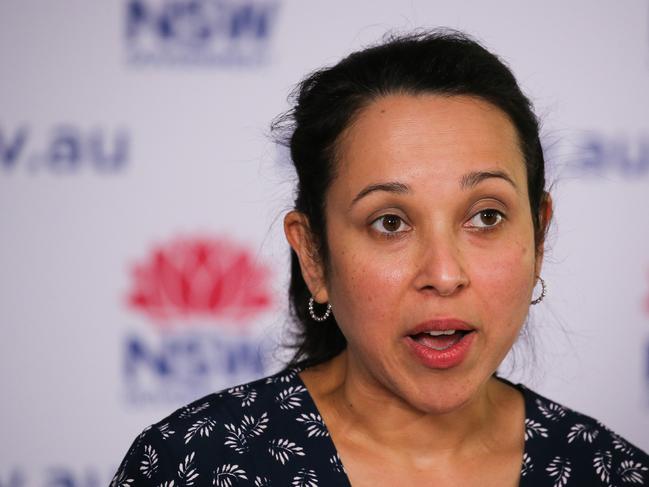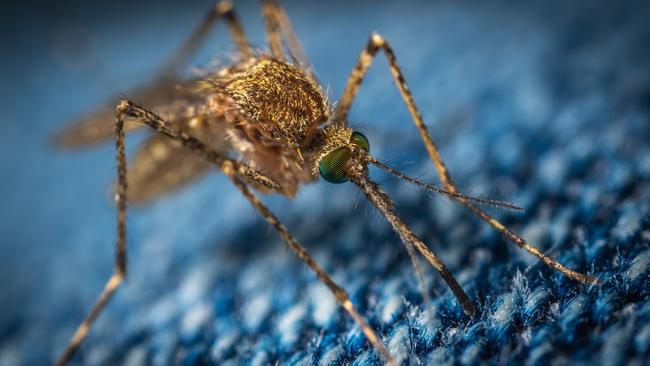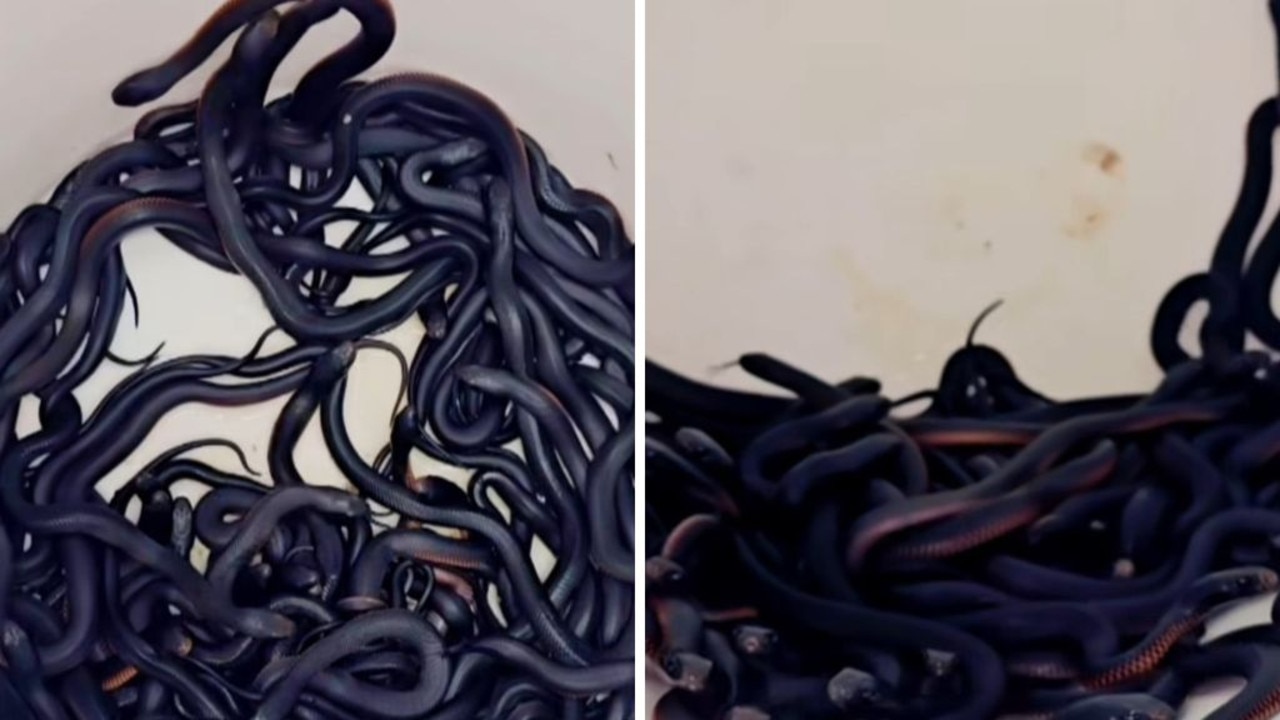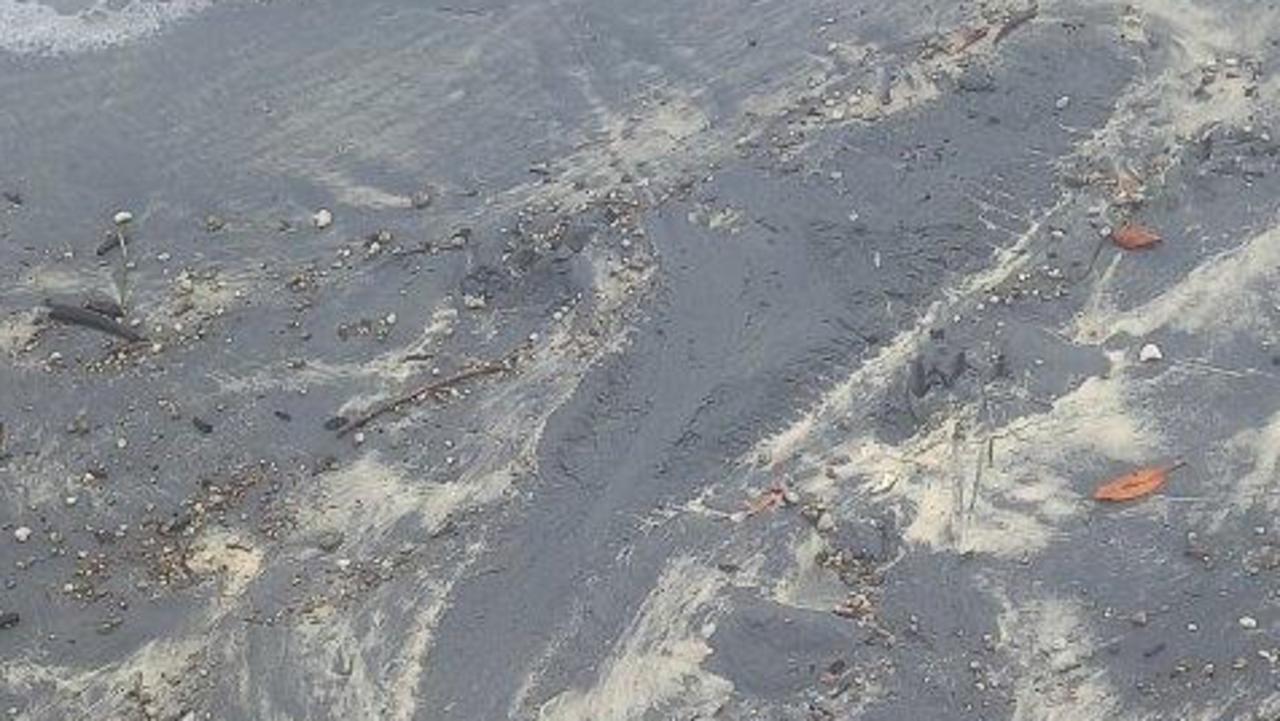A second person is in intensive care with a suspected case of Japanese encephalitis
A second person is on life support with suspected Japanese encephalitis in an unprecedented outbreak on Aussie shores.

Animals
Don't miss out on the headlines from Animals. Followed categories will be added to My News.
A NSW resident is in intensive care with a “highly probable” case of Japanese encephalitis, health officials revealed Friday.
A woman in Queensland was also placed on life support after contracting the disease, which is spread by mosquitoes.
More cases are expected in coming days, with several patients in NSW undergoing testing.
Locally acquired cases of Japanese encephalitis have never previously been identified in NSW.
“NSW Health is cautioning people undertaking outdoor activities such as camping and fishing to carefully consider their plans,” NSW Health Acting Chief Health Officer Dr Marianne Gale said.
“This is especially important for people planning activities near waterways or where mosquitoes are present, particularly the Murray River and its branches.”

The NSW case is a resident from the Victoria border region, while the Queensland patient, who is in her 60s recently travelled to regional areas in the state’s south.
The patient in NSW is stable and the Queensland case is in a critical condition.
The unfolding outbreak of the disease in Queensland, NSW, Victoria and South Australia has been declared a communicable disease incident of national significance.
Prior to this year the disease had never been observed in southern Australia.
The decision by the Commonwealth’s acting chief medical officer on Friday afternoon means the virus’ spread will now be tackled by a national team involving state and federal officials.
“I have declared the (Japanese encephalitis virus) situation a communicable disease incident of national significance after determining a national approach is required in relation to co-ordination of health policy, interventions and public messaging,” Dr Sonya Bennett said.

“A national working group of communicable disease, vaccine and arbovirus experts has been established to support the response, including mosquito surveillance and control measures and identification of those at direct risk and for the rollout of vaccines.”
Japanese encephalitis can cause severe neurological illness with headache, convulsions and reduced consciousness in some cases. There is no specific treatment.
Dr Bennett said officials would launch a campaign to inform affected communities about how to protect themselves.
She also said health and agriculture departments, both in Canberra and in the states, would work together “to ensure a swift and co-ordinated response”.
The declaration was made under an emergency response plan and in consultation with the Australian health protection principal committee.
Australia’s chief veterinary officer, Mark Schipp, said the virus had been confirmed at 14 piggeries across NSW, South Australia, Queensland and Victoria.

Japanese encephalitis virus is spread through the bite of an infected mosquito to people and animals.
The mosquitoes tend to pick up the virus from infected pigs and can spread it to humans and horses.
They have not been known to spread the virus further.
The vast majority of human infections cause no symptoms or only mild ones such as headache or fever.
But a person with severe disease may present with inflammation of the brain, characterised by sudden onset of vomiting, high fever and chills, severe headache, sensitivity to light, neck stiffness and nausea or vomiting.
Children aged under five and older people are at a higher risk of developing more severe illness.
There are vaccines in “plentiful” supply that can protect against the disease, officials have said.
People have been told to try to avoid mosquito bites by covering up with clothing, wearing bright colours or using repellent.
Originally published as A second person is in intensive care with a suspected case of Japanese encephalitis


